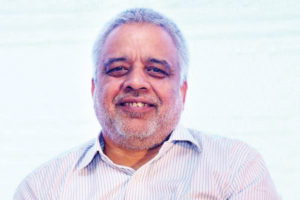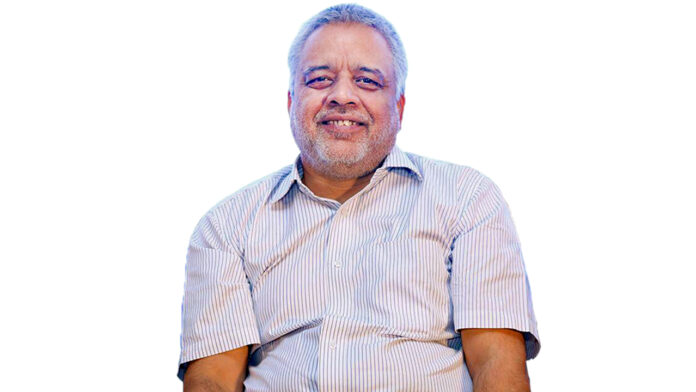Ajay Misra, Director General, Renewable Energy Society of India (RESI) talks about this experience and the way ahead for Telangana in renewable energy and energy conservation. Retired from his post as special chief secretary, he worked in the department to meet the ambitious targets set by the state and central governments for renewable energy.
Q. Tell us about your experience in in Telangana?
Renewable energy is a very positive and exciting change in the history of energy. Telangana has shown the way by making changes and contributing to the national commitments set by Government of India. The efforts are not of one person alone but it is a team effort. It is the effort of leaders both at central and state level.
In 2016, when we set up the task for solar energy the targets looked difficult but we have been able to achieve it. Renewable energy in TS is now 4.4 gigawatts and at the national level it is 150 gigawatts. This achievement by India has shown that it is possible to shift to renewable energy and it can be carried out by making right and effective changes in the policy.
 Q. What needs to be done to maintain momentum?
Q. What needs to be done to maintain momentum?
India has shown that it can do it and the next target must be 4,000 gigawatts in the next seven years. To achieve this, the state has to continue with its policies of shifting to solar and waste to energy to meet the demands. There is also incentivization now required in the manufacturing sector so that the materials required can be easily available.
Q. Grid management is important. How will it shape up in future?
The future is only one grid and that will be accepted by those who are not coming forward now. It must be understood that all forms of renewable energy solar, bio-gas, hydrogen fuel, and waste to energy have to be put in one grid and accordingly the power supply must be managed. To cut down on fossil fuel usage and to become climate resilient one grid is the answer. This will bring down the cost and also ensure sufficient power to all.
Q. How is one grid system advantageous?
The combined renewable energy sources can bring down fossil fuel dependency to 20 percent. That must be the goal and it must be carried out in a sustainable manner. The faster we move better for us as we have a surging demand and have to meet up with it.
Q. What are the challenges in implementing Energy Conservation Building Code?
Telangana is the first state to implement ECBC code. It has to scale to the level where ECBC is a fashion statement for people to pick it up. There are challenges in availability of materials and all these aspects need to be looked into.
The policy on net metering for Solar Grid interactive roof-top and Small PV Power Plants will go a long way in turning the state into a solar rich state.
Q. What is the goal of Renewable Energy Society of India?
RESI comprises scientists, researchers, experts, civil servants and students. The goal is to popularize RE in the state and make people aware and work towards implementing it. We deal with technical details and also work towards explaining to students about the energy conservation methods.
Q. Where does one look for guidelines for environmentally friendly homes?
Municipal local bodies are giving occupancy certificates based on the basic norms of ECBC compliance. For those who want to upgrade or evaluate their construction there are voluntary bodies which are guiding them with the technical knowledge like Green Building Congress and many others.








